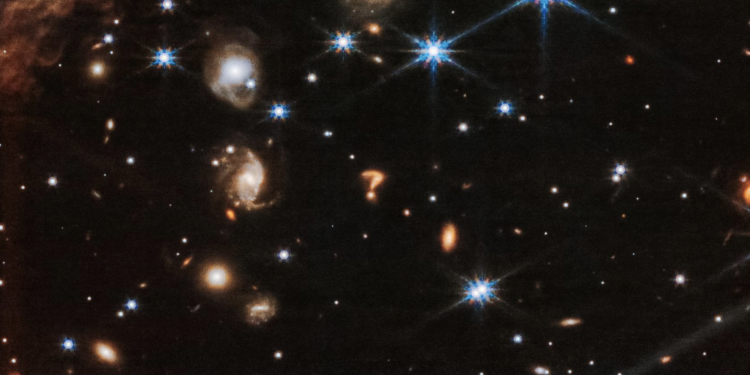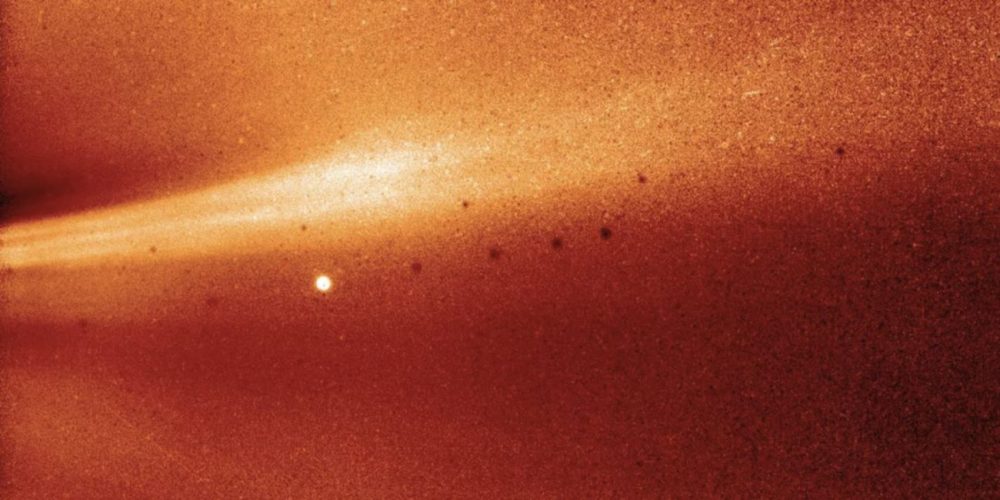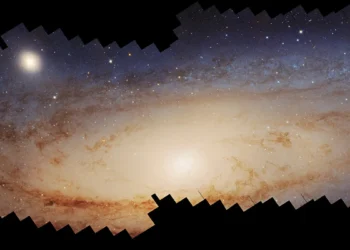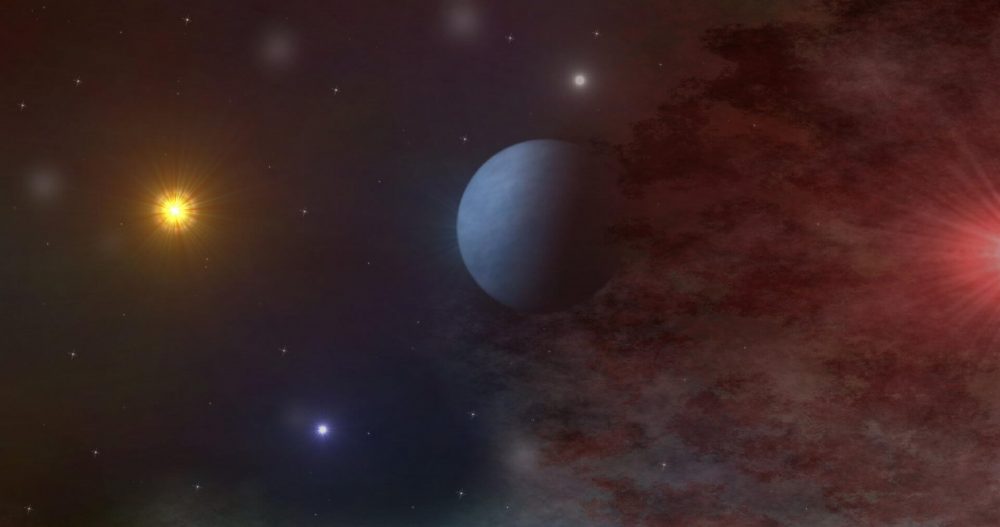I’ve been following the work of Professor Avi Loeb for a while now—his writings, his studies, and especially his Medium channel. There’s something truly captivating about the way he breaks down science for everyone, taking concepts that could easily make your head spin and presenting them like a story you can’t put down. It’s no wonder he’s such a beloved teacher.
In his latest piece for The Debrief, Professor Loeb dives into a topic that’s both fascinating and a little unsettling: the Big Crunch. Imagine a universe that stops expanding and starts contracting. What happens then? Spoiler alert: it’s not great news for us, but it’s one heck of a thought experiment.
What If the Universe Hit Reverse?
Loeb’s premise is simple but wild: What if everything in the universe suddenly reversed? Planets would start spinning backward, the Sun would retrace its steps around the galaxy, and even time as we know it might feel… off. At first, we’d adapt—humans are good at that. Sure, the climate would get weird, and we might have to adjust to some funky new patterns of day and night, but life would go on.
For a while.
From Expansion to Contraction
Here’s where things take a turn. Instead of the universe expanding endlessly like it does now, it would start shrinking. At first, that might not sound so bad. In fact, in a few billion years, as the universe contracts, the temperature of space would rise to something surprisingly cozy—about room temperature. That’s good news for future humans who’d likely be freezing on some space station after the Sun dies, as Loeb writes. For a brief cosmic moment, the universe would provide its own heat.
But then things go downhill fast.
As the universe keeps contracting, the heat keeps rising—way beyond anything life can handle. Soon, as Professor Loeb explains, it would get hotter than the surface of the Sun. Eventually, the temperature would skyrocket to incomprehensible levels, shredding everything into its most basic particles. Atoms? Gone. Molecules? Forget it. It’d all be a chaotic soup of quarks, electrons, and radiation.
And humans? We’d be long gone, nothing more than a memory in the fabric of space-time.
Interestingly, as Professor Loeb reveals, black holes would be the only things thriving in this cosmic catastrophe. While everything else gets obliterated, black holes would continue to exist, growing even bigger as the universe collapses. They’d be the last surviving monuments of the universe as we know it, isolated in a dense, hot sea of particles.
What Comes Next?
Here’s the kicker: we don’t actually know what happens after the Big Crunch, he explains. Without a solid theory of quantum gravity, we can only speculate. Could it lead to a new Big Bang? Or is it truly the end of the line? Loeb compares this unknown to the mystery of black holes—what happens to everything they consume? The same question hangs over the Big Crunch.
Luckily, this is all hypothetical. The universe is expanding, and there’s no sign it’ll reverse anytime soon. But Loeb’s thought experiment is a fascinating reminder of how fragile and fleeting our cosmic moment really is.
So, as we ponder the mysteries of the universe, and as a new year nears, maybe it’s time to raise a glass and toast to the cosmic fortune that keeps us spinning in the right direction. Cheers!











